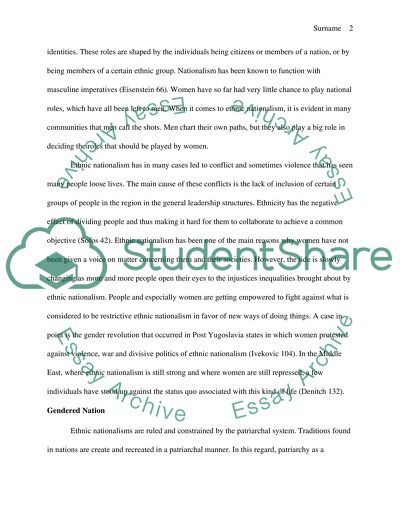Cite this document
(“Discuss the relationships between ethnic nationalism and the body Essay - 1”, n.d.)
Retrieved from https://studentshare.org/anthropology/1583015-discuss-the-relationships-between-ethnic-nationalism-and-the-body
Retrieved from https://studentshare.org/anthropology/1583015-discuss-the-relationships-between-ethnic-nationalism-and-the-body
(Discuss the Relationships Between Ethnic Nationalism and the Body Essay - 1)
https://studentshare.org/anthropology/1583015-discuss-the-relationships-between-ethnic-nationalism-and-the-body.
https://studentshare.org/anthropology/1583015-discuss-the-relationships-between-ethnic-nationalism-and-the-body.
“Discuss the Relationships Between Ethnic Nationalism and the Body Essay - 1”, n.d. https://studentshare.org/anthropology/1583015-discuss-the-relationships-between-ethnic-nationalism-and-the-body.


